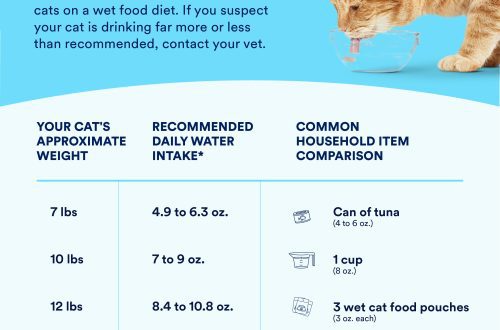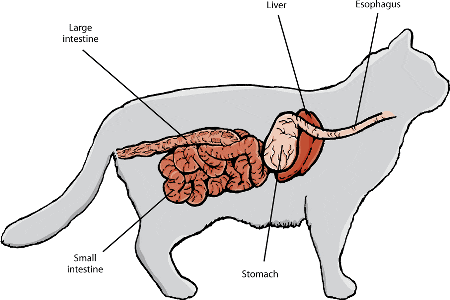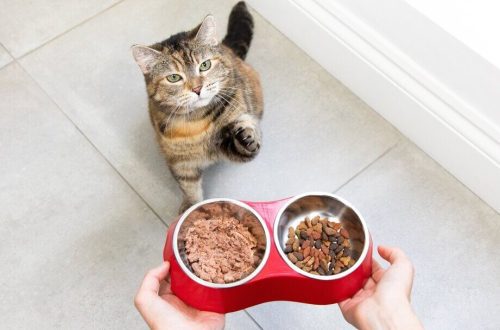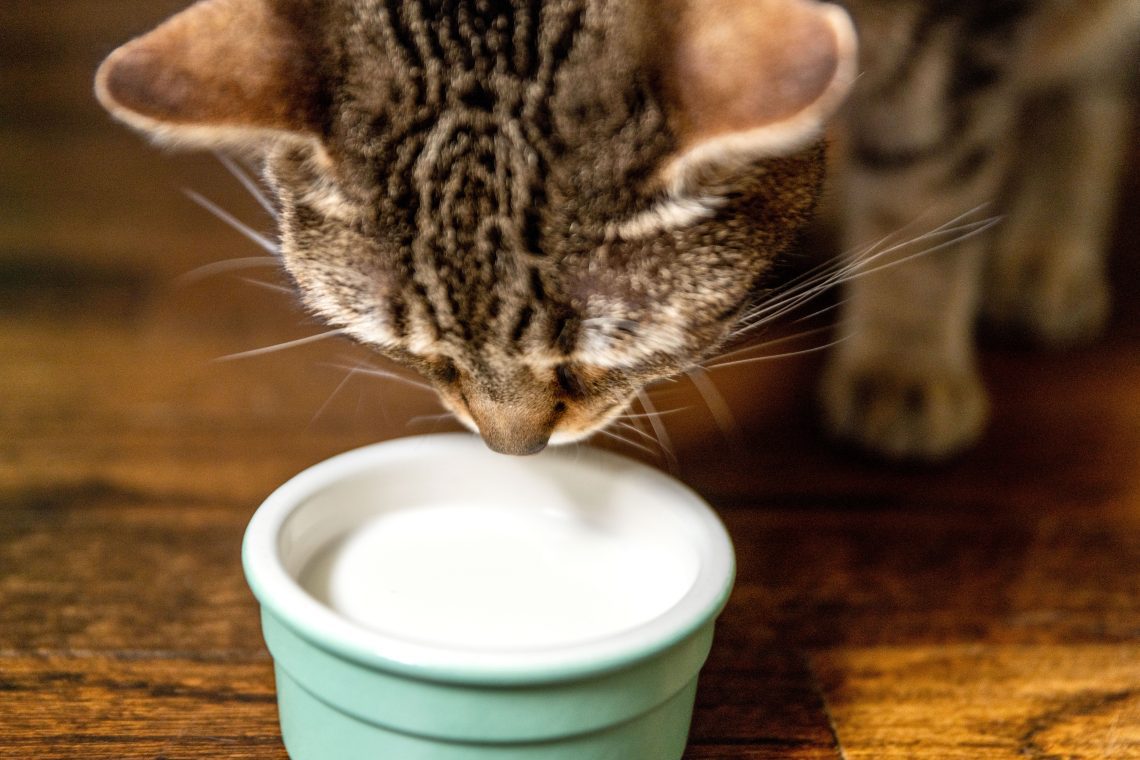
Can cats have milk?
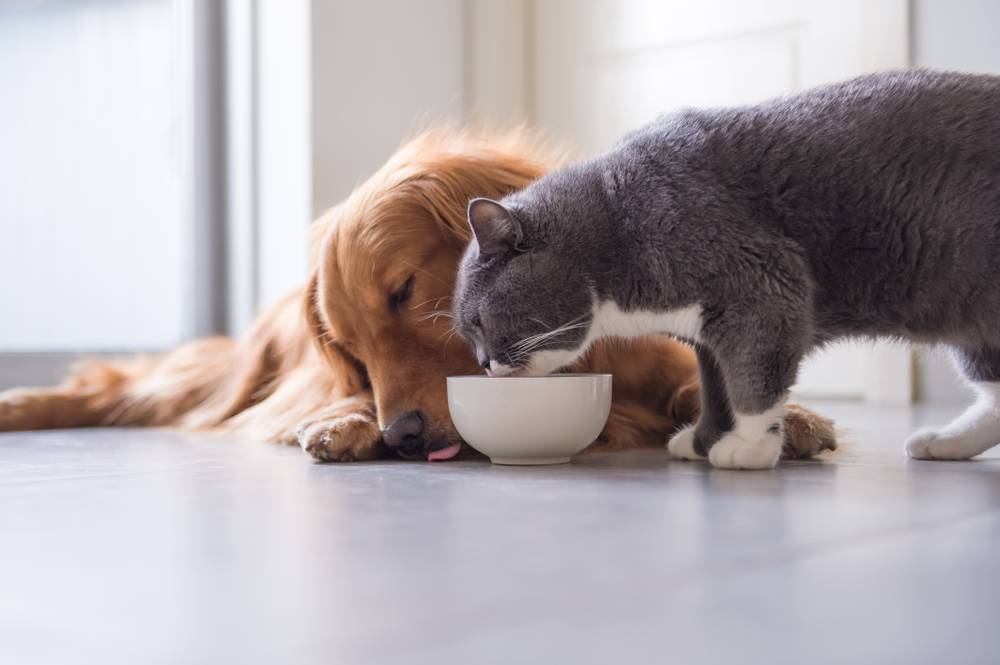
False stereotype
“Cats love milk” – this myth at one time became widespread thanks to fairy tales, cartoons and other works of art. In fact, an adult pet does not need this product or its derivatives at all.
The reason is the lack of lactase in the body of an adult cat – an enzyme that processes milk sugar, or lactose. Lactase is active only in the first months of an animal’s life, when it actively grows and feeds on mother’s milk, but after growing up, the body’s production of lactase decreases markedly. And if suddenly a cat that has lost the ability to absorb milk still receives it, then the consequences can be unpleasant: diarrhea, flatulence, sometimes vomiting.
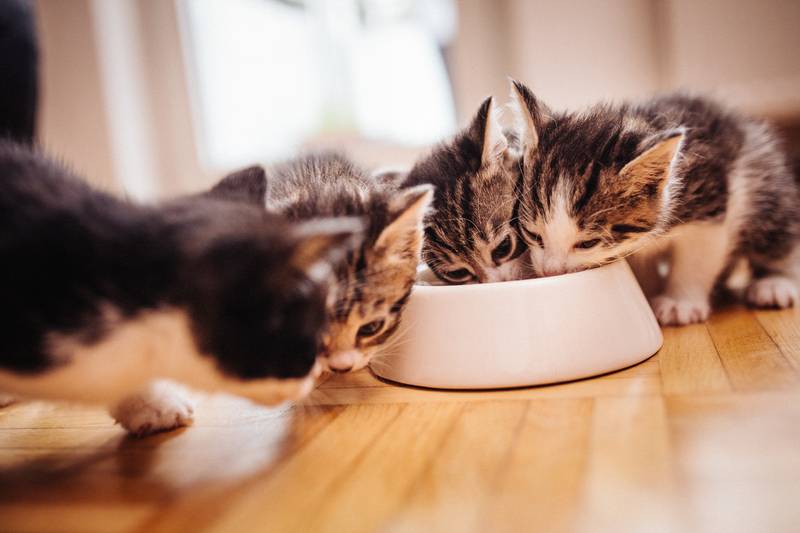
It is also important to note that milk contains a number of macro- and microelements. It is rich in calcium, magnesium, potassium, sodium, phosphorus, iron, copper and many other components. And in the case when the owner gives the cat milk instead of water, the nutrition (even if there is a bowl with the right food nearby) immediately becomes unbalanced. That is, the cat automatically receives an excess of nutrients, which is fraught with health problems.
There is a nuance
And about the kittens. As mentioned above, they easily absorb milk with the help of lactase. However, we are talking exclusively about mother’s milk, that is, the milk of a lactating cat. Cow’s milk is not a complete replacement for cat’s milk. To illustrate, cat’s milk has higher levels of protein and lower levels of fat, calcium, and phosphorus than cow’s milk. The ash in it is half as much as in the milk produced by ruminants.
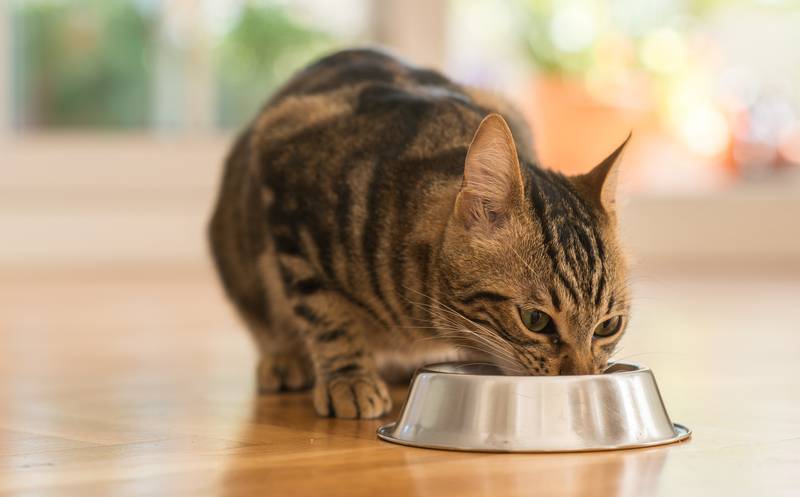
Therefore, cow’s milk is not a substitute for cat’s milk and can provide a kitten with too many nutrients and not enough others.
Therefore, it is very important for a kitten that at a very early age he can eat mother’s milk.
Photo:
April 1 2019
Updated: April 3, 2019



